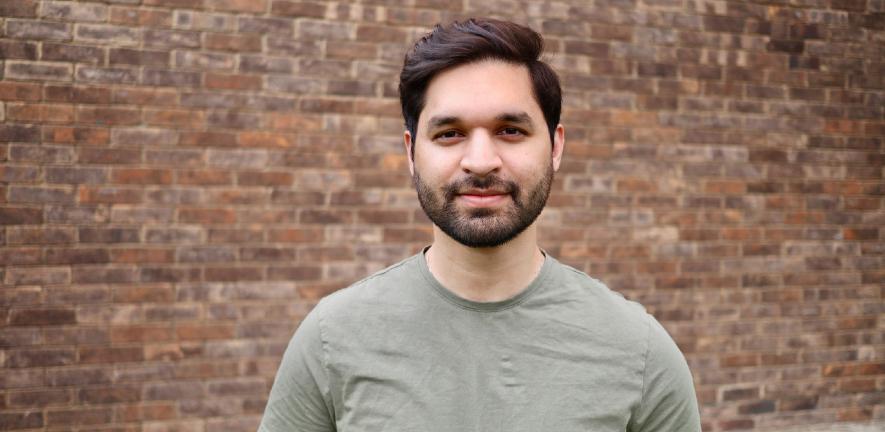
Submitted by Jane Durkin on Tue, 01/06/2021 - 14:56
Ahmed Zaidi is a postdoctoral researcher at the University of Cambridge Department of Computer Science and Technology, and a member of the Institute of Automated Language Teaching and Assessment (ALTA).
His research focuses on machine learning for educational applications – how we learn, and how we can use technology and AI to improve our learning. He is particularly interested in personalised instructional sequencing, drawing on theories of machine learning, cognitive psychology, linguistics and education.
Ahmed is also Co-Founder of data science consultancy, Catalyst AI, and an honourary advisor to the Prime Minister of Pakistan's Science and Technology task force where he advises on issues relating to education and technology.
Ahmed completed his PhD at the University of Cambridge under the supervision of Prof. Paula Buttery, and holds a degree in Computer Systems Engineering from the University of Birmingham.
Ahmed will be presenting his talk Can artificial intelligence save endangered languages: a brief history of learning at the Cambridge Language Sciences Symposium for Early-Career Researchers on 24 June 2021.
Twitter @_ahmedzaidi
My research sets out to understand the underlying principles of learning and embed these into technology to enable everyone to become a better learner. It turns out that understanding how learning works is far from trivial and that what may be effective for one learner may not work for another. This sparked an interest for me to investigate personalised learning and design systems and that are not only based on principles of learning but also help discover new principles.
My day-to-day involves absorbing a range of research from different disciplines including cognitive science, linguistics, mathematics, educational psychology and philosophy. I am a big believer in conducting thorough literature reviews because often many ideas I come up with have already been thought of and tested decades ago. Using the ideas and principles I gather from my literature review process, I design codified versions (using machine learning models) of these principles and test them using simulated or real learners.
The most interesting day I've had so far might make me seem really nerdy, but it was when I first discovered constructivism as a theory of learning. It made me question everything I had thought I knew about learning and the algorithms I developed for learning. It has also led me down a completely different trajectory when I consider what are plausible technology-based solutions to learning. Prior to this, I had taken a Cartesian reductionist approach to thinking about learning, focusing purely one aspect of learning, which was instructional sequencing. Apart from that, I currently have a grant to test some of the technology I've built in rural Pakistan, which I am looking forward to later this year.
I hope my research will lead to two specific outcomes; firstly, I hope it will give us a better understanding of how different people learn. This is either through validating existing theories or developing new theories based on observations. Secondly, I hope that these findings will enable us to develop better educational technology. Technology that puts the learner's motivations at the centre of the process and carefully considers the ethical concerns of this technology being deployed in different communities.
Cambridge is a great place for me to be exploring my wide-ranging ideas. This would not have been possible were it not for the principal investigators supporting my research, namely Prof Paula Buttery, Prof Andrew Rice, and Dr Andrew Caines. I am grateful that my often outrageous ideas stemming from my overly enthusiastic approach to learning have not been shot down but rather considered and supported. This is benefited further by my research group's strategic partnership with Cambridge Assessment. This enables me and my colleagues to transfer theory into practice, a rare opportunity in academia.
